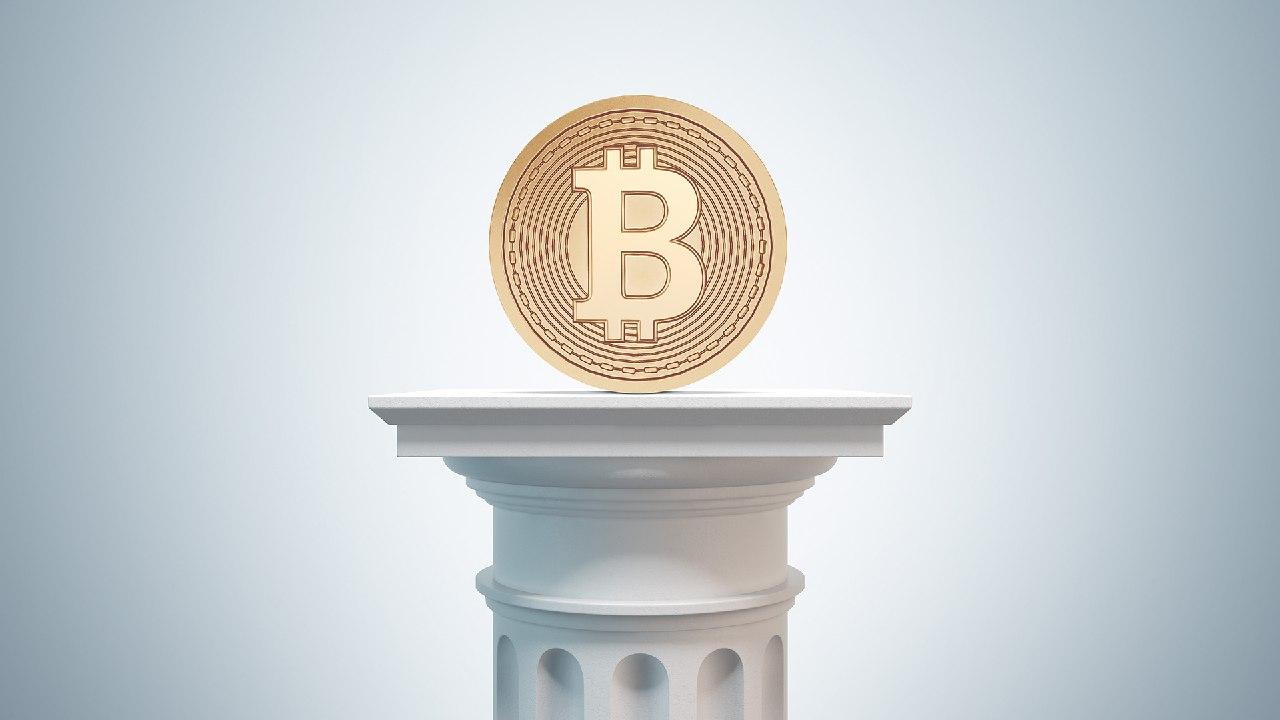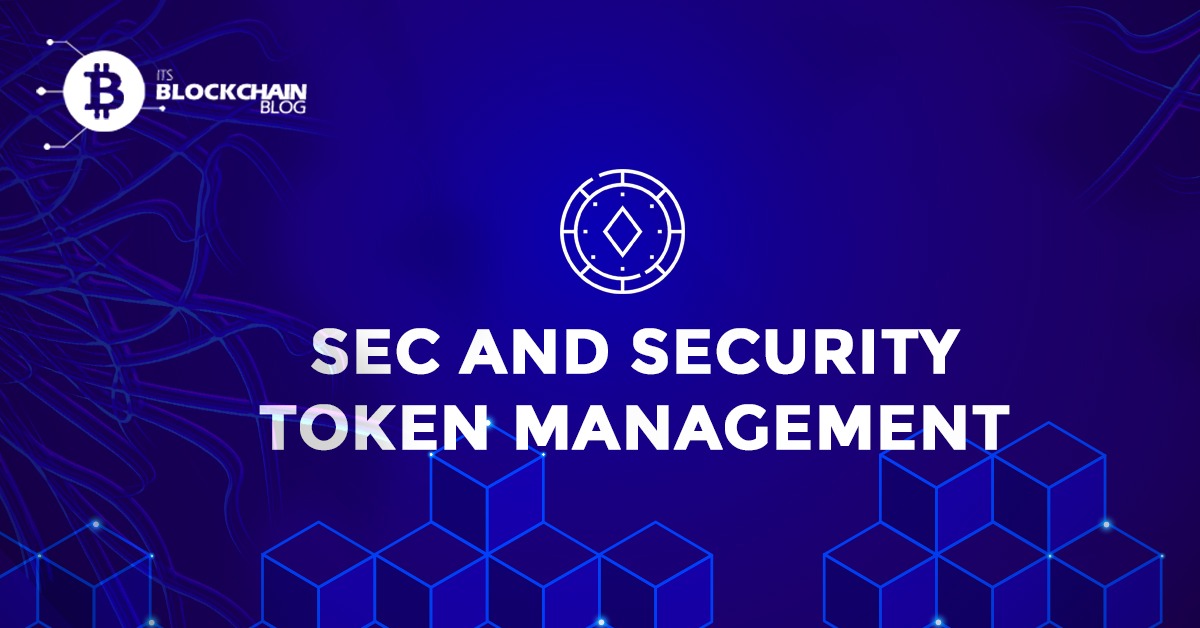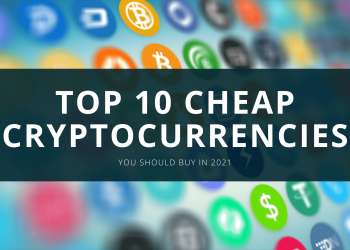In a few words, the relationship between the SEC and the ICO market could be defined as “legal uncertainty.” In official reports, the SEC has repeatedly indicated that tokens can lean toward or away from being a security, as the final result depends on individual facts and circumstances, including the economic nature of the transactions. The explosive growth of ICOs was a catalyst invoking regulatory action, to find efficient jurisdictional solutions for every party in the fundraising process.
In recent statistics, provided by the ICO advisory firm Satis Group LLC, approximately 81% of ICOs were scams, 6% failed, 5% eventually died, and a meager 8% went on to trade on an exchange. It certainly cooled down the market and generally reduced the popularity of ICOs. Crypto-investors shifted their attitude toward blockchain startups and began requiring better metrics from a financial perspective and solid indicators of the project’s future success. Not accounting for outright fraud, market sentiment shifted because of the irresponsible behavior of many startups, ignoring several risks in fear of regulatory scrutiny, thereby betraying their token buyers. This led to the belief that certain changes to fundamental business practices, as well as established control methods, were needed in the market.
Why are Jurisdictions Important?
Last year the SEC tried applying stricter rules on ICOs, investigating their legal basis, but the crypto-community responded promptly by dodging regulations, trying to structure their ICO so their token could not be dubbed a security. Most projects decided to bypass regulators’ control, devising new token concepts and definitions in their legal papers and official presentations. The interests of investors, therefore, were not protected, and the ICO startups dismissed any responsibility for the future of their projects.
The SEC and other regulators were trying to find a way to create a more reliable environment for investors, without choking the ICO market. To understand this process, it’s necessary to study the current situation of the ICO market. What role in its future is the most demanded by regulators around the world, the SEC, and others?
Relations Between US Financial Regulators and ICOs
Over the past months, the attitude toward ICOs of US security regulators has gradually changed. The SEC started searching for a copacetic institutional approach, considering new options for protecting purchasers with reasonable expectations, which is naive. According to the SEC, to solve this problem,all blockchain-startups in the ICO market should follow the same rules. Considering doubts about the effectiveness of the Howey test approach, used to define whether a token was a security, the SEC turned to other methods of cooperation with the ICO market. In the beginning of the year, they launched a fake ICO to educate investors and help them understand what an ICO scam looks like. A month ago they released detailed instructions on the possible risks, rewards, and responsibilities of the ICO market.
Control Issues
At the moment, there are different regulatory requirements for different categories of tokens. For instance, the SEC only has the right to present a claim if it becomes subject to security regulations – if the token has a functional role within a blockchain ecosystem and isn’t designed as an investment, then it has no relation with the SEC and its regulatory oversight. However, in the absence of regulation, these tokens are more likely to be a scam. And that brings us back to regulations for the whole ICO market, sometimes leading governments to ban ICOs and cryptocurrencies altogether.
On the other hand, a security token that’s a liquid contract, deriving its value from a real asset, is subject to security regulations and should satisfy the legal requirements of the SEC. Security tokens can’t ignore institutional finance and have to bridge both the cryptocurrency and traditional market. At the same time, these tokens have wider potential, like the ability to issue company shares as tokens. Considering efforts from the regulatory side, future registration with the SEC for security tokens will be easier and is likely to provide efficient guidance.
Rayan Goutay, a General Counsel at GateX – an upcoming hybrid semi-decentralized exchange, comments: “I believe, that an ecosystem that is built upon the pillars of the well-established traditional financial markets and yet integrates the benefits which distributed ledger technologies present is the first milestone towards contributing to more efficient capital allocation to prospective projects, across all industries around the world. First and foremost, is the establishment of fully-compliant Security Tokens primary market and bridging it with an institutional-grade technology for their secondary markets. Second, and of equal importance, is the provision of tools and data to the retail public to make more informed investment decisions. Ultimately, these two initial steps will pave the way towards capital markets one would consider truly frictionless.”
Advantages of Security Tokens for the Crypto Community
Many blockchain startups decided not to hassle with US laws and simply excluded US retail investors (and other countries with similar standards) from being able to participate. This led to a large number of fraudulent utility ICOs, which thus saw an easy opportunity to collect a large sum of money and avoid the law. In comparison, investing in a security ICO, or STO, where all information about the project will be transparent, and the fulfillment of the company’s obligations will be monitored by a financial regulator, should effectively remove many potential risks: both economic and legal.
On the developers side, there’s another plus. Giving such advantages as dividends, profit shares and voting rights to its investors, the security token team gains a greater opportunity to attract the trust of their investors . In the end, all parties of the crypto community will benefit from established SEC rules: investors, startups and even traders who, in addition to profitable commissions from trading, will receive the guarantees of trading a legitimate security.
To Sum It Up
It seems logical that despite the several misunderstandings between regulators and ICOs, cooperation with the authorities will help find a better balance between the traditional financial sector and the powerful blockchain technology. With strategic leaders among investors, startups and traders and progressive regulators on either sides, there’s a possibility of building a stronger community. Implementing cryptographic algorithms and furthering innovative blockchain ideas will really help modernize every social and business sector.
All in all, SEC is not aiming to choke out the ICO market, it’s rather a goal for narrow-minded authorities. On the contrary, exchanging different perspectives and discussing the requirements of all parties could quicken the expedition of the decentralized future, overcoming many existing challenges in the modern world.

Hitesh Malviya is the Founder of ItsBlockchain. He is one of the most early adopters of blockchain & cryptocurrency enthusiast in India. After being into space for a few years, he started IBC in 2016 to help other early adopters learn about the technology.
Before IBC, Hitesh has founded 4 companies in the cyber security & IT space.
Subscribe to get notified on latest posts.




























